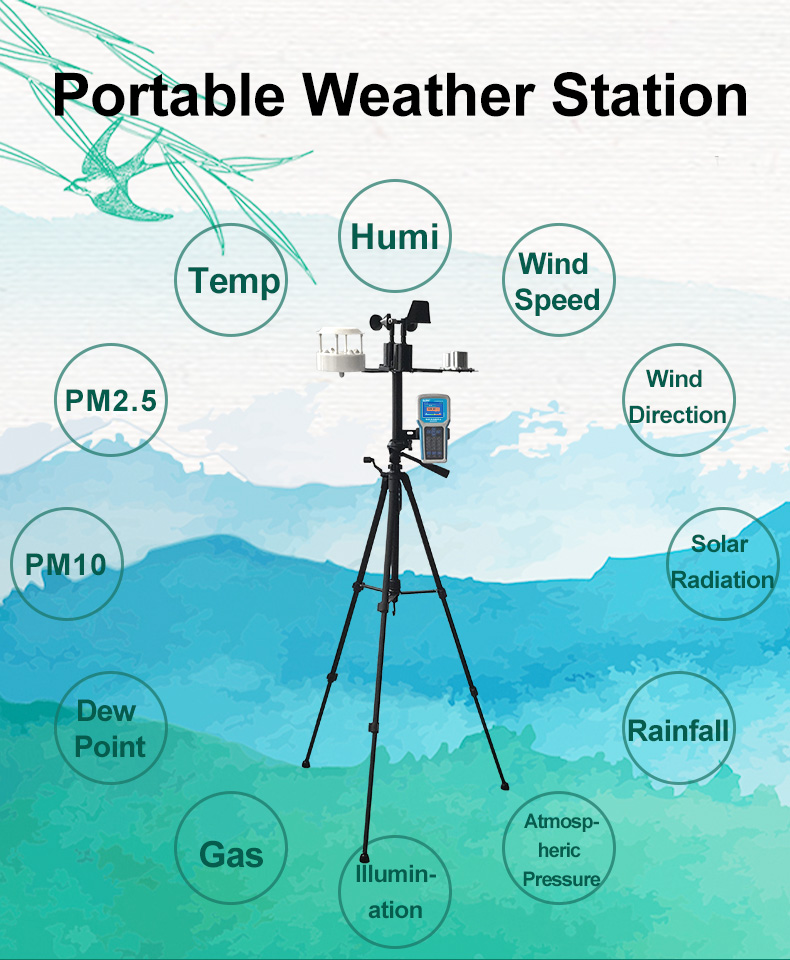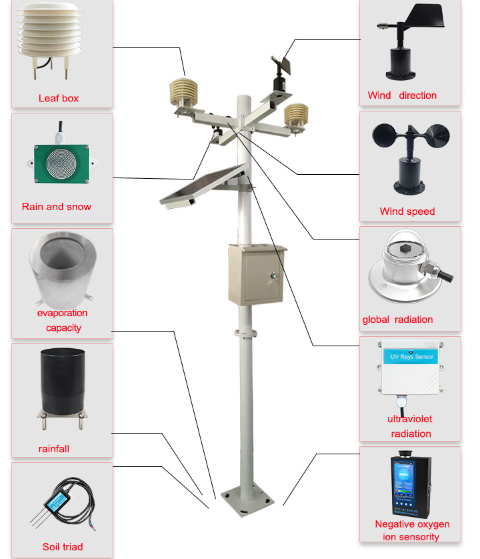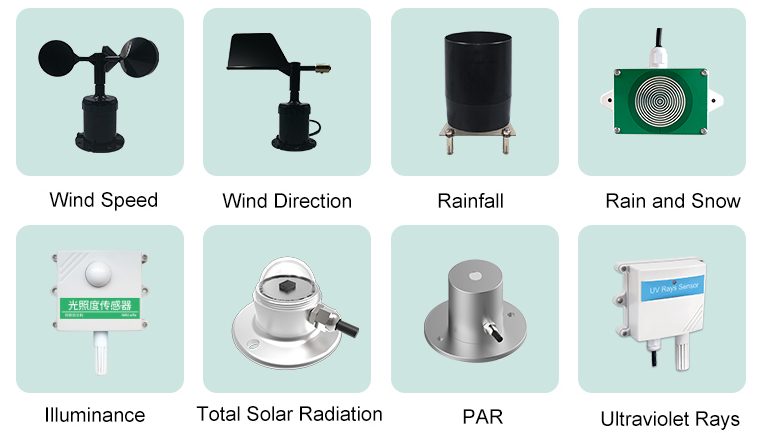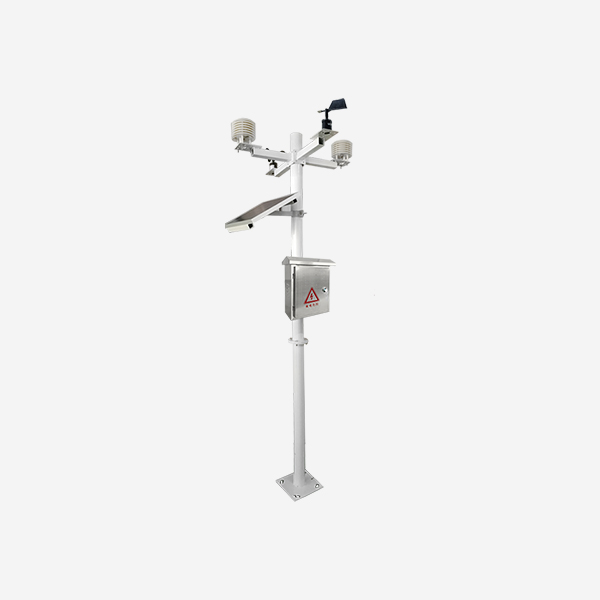Best Weather stations

Best weather station have become an essential tool for individuals, businesses, and organizations looking to monitor and analyze weather conditions accurately and reliably. Whether for personal use, agricultural purposes, or scientific research, having access to real-time weather data can be invaluable. With the wide variety of weather stations available on the market, choosing the right one can be a daunting task. In this comprehensive guide, we will explore the key features and considerations to help you select the best weather station for your specific needs.
the key features of the best weather station
Accuracy and Precision
When evaluating weather station, accuracy and precision are paramount. A best weather station should be able to provide precise measurements of temperature, humidity, barometric pressure, wind speed and direction, rainfall, and other relevant meteorological parameters. Look for stations that use advanced sensors and calibration methods to ensure reliable and consistent data collection. Additionally, consider the station’s data transmission and storage capabilities, as well as its ability to integrate with other devices and systems.

Ease of Installation and Use
The best weather station are designed to be user-friendly and easy to install. Consider whether the station can be set up and calibrated without the need for specialized tools or technical expertise. Wireless weather stations, in particular, offer the advantage of simple installation and reduced maintenance requirements. Look for stations with clear and intuitive displays, as well as user-friendly software for data analysis and visualization.
Durability and Weather Resistance
Weather stations are often exposed to harsh environmental conditions, including extreme temperatures, high winds, and heavy precipitation. Therefore, it is crucial to choose a station that is built to withstand these challenges. Look for weather stations with rugged construction, corrosion-resistant materials, and weatherproof housing to ensure long-term reliability and performance in outdoor settings.
Data Logging and Connectivity
For many users, the ability to log and access historical weather data is essential. The best weather stations offer robust data logging capabilities, allowing users to track and analyze weather patterns over time. Furthermore, consider the station’s connectivity options, such as Wi-Fi, Bluetooth, or cellular network support, which can enable remote monitoring and data sharing. Some advanced weather stations also offer compatibility with weather apps and online platforms for seamless data integration and analysis.

Power Source and Energy Efficiency
Weather stations typically require a reliable power source to operate effectively. While some stations are powered by conventional batteries, others may utilize solar panels or alternative energy sources for increased sustainability and cost-effectiveness. Consider the station’s power consumption and battery life to ensure uninterrupted operation, especially in remote or off-grid locations.
Customization and Expandability
Depending on your specific requirements, you may need a weather station that can be customized or expanded to accommodate additional sensors or functionalities. Look for stations that offer modular designs and compatibility with a wide range of accessories, such as soil moisture sensors, UV radiation sensors, or lightning detection modules. This flexibility allows you to tailor the station to your unique needs and adapt to evolving weather monitoring demands.
Price and Value
While cost is an important factor, it should be balanced with the overall value and performance of the weather station. Consider the long-term benefits of investing in a high-quality, reliable weather station that meets your specific needs. Evaluate the station’s features, warranty, and customer support services to make an informed decision that aligns with your budget and expectations.
conclusion
In conclusion, selecting the best weather station involves careful consideration of various factors, including accuracy, ease of use, durability, connectivity, power source, customization options, and overall value. By assessing these key aspects, you can confidently choose a weather station that meets your specific requirements and provides reliable, actionable weather data for informed decision-making. Whether for personal, professional, or scientific use, a high-quality weather station is an indispensable tool for monitoring and understanding the ever-changing dynamics of the atmosphere.
